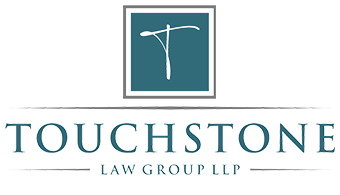Purchasing Commercial Real Estate: Tenant Matters
When commercial real estate is purchased that is occupied by tenants (particularly if the tenants are to be taken over by the purchaser) a number of considerations arise that a prospective purchaser/landlord should consider. Copies of the leases should be obtained and reviewed by the purchaser’s legal counsel so that the purchaser is aware of any unique provisions of the leases that may affect their use and enjoyment of the property.
A purchaser must also notify the tenants, or ensure the tenants are notified by the vendor, of the change of ownership and provide directions for how and to whom rent is to be paid following the closing date. If notification is not given, the tenant can continue to pay rent to the previous landlord without risking liability. The purchaser should demand a copy of the notice provided if it is being given by the vendor as well as satisfactory evidence that the notice has been delivered to all tenants at or prior to closing.
In addition to the usual closing documents associated with a commercial real estate purchase, the purchaser should require that the vendor provide estoppel certificates (otherwise called “tenant acknowledgments”) signed by the tenants. These certificates will provide information with respect to the following as well as other matters:
- the amount of rent paid (basic and additional);
- the square footage of the leased premises;
- confirmation of the form of lease;
- a statement that there have not been any changes to the lease;
- whether a deposit or other prepaid amount has been provided to the landlord; and
- confirming that there have not been any breaches by the landlord under the lease.
A purchaser should make sure that the offer to purchase includes an obligation on the vendor to provide such estoppel certificates. If at all possible, the form of the estoppel certificates to be provided should be negotiated ahead of time and attached to the contract of purchase and sale. In some cases, a lender may require copies of the estoppel certificates so it may be prudent to discuss any specific requirements with the lender ahead of time.
This information is general in nature only. You should consult a lawyer before acting on any of this information. This information should not be considered as legal advice. To learn more about your legal needs, please contact our office at (250)448-2637
Una Gabie: una@touchstonelawgroup.com
Jennette Vopicka: jennette@touchstonelawgroup.com
Danielle (Dani) Brito: danielle@touchstonelawgroup.com





